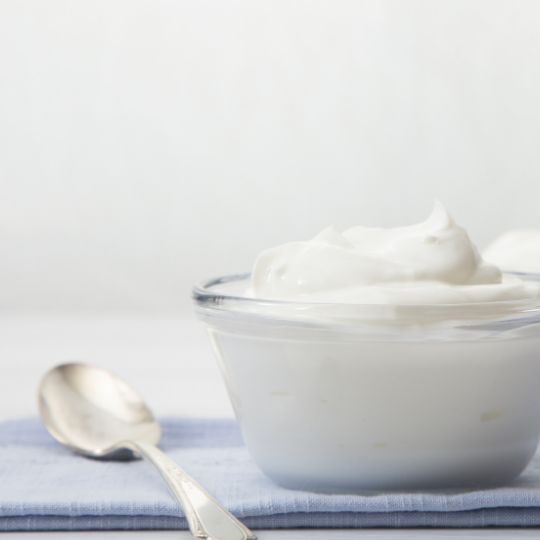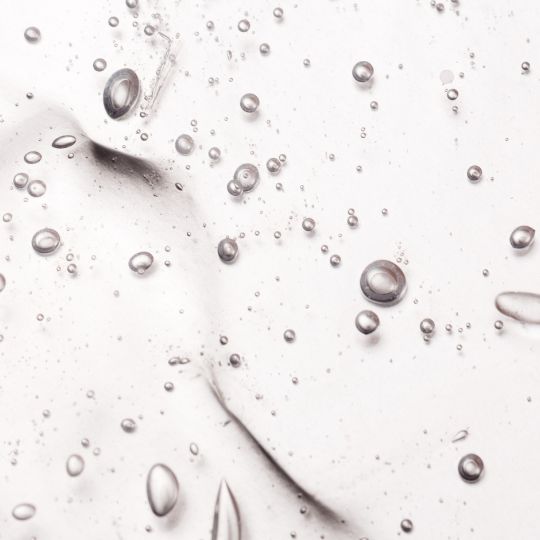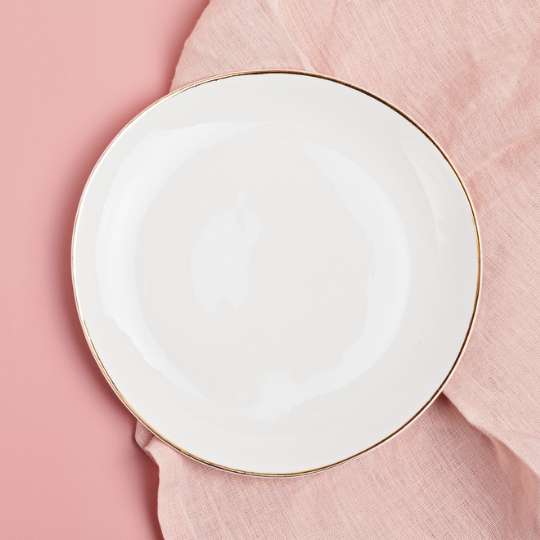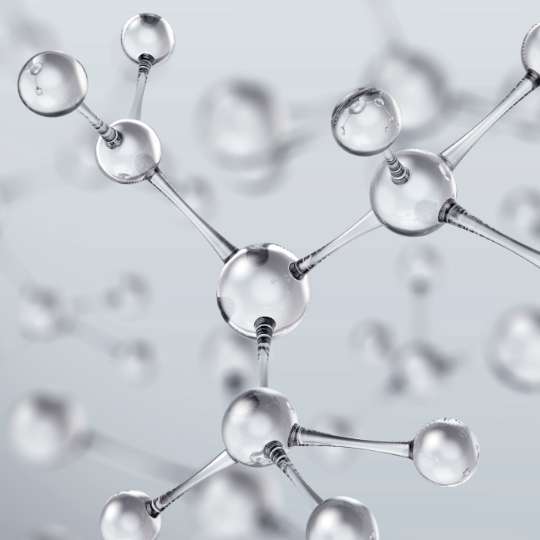

How does what we eat impact our skin?
As we age, our skin’s ability to keep our secrets starts to wane. It’s no longer possible to survive on a diet of caffeine, salt-laden convenience foods and sugary snacks without your complexion telling the tale. If we’re not eating well, and drinking enough water, it shows in our skin. Glow and luminosity are replaced by skin that looks sallow, drab and dreary – none of which are desirable adjectives.
We know that eating a balanced, nutritious diet is often easier said than done, especially when leading a busy life. Making a shopping list before you hit the supermarket and prepping meals in advance can both go a long way towards helping you make sure your body is getting everything it needs.
“Generally speaking, eating a balanced diet made up of different foods from each main food group (and consuming enough fluid) each day will ensure that your body receives all the nutrients it needs to survive, thrive and glow,” says Danielle Shine, a Public Health Nutritionist. “This is because most foods contain skin-supporting chemical compounds. These include antioxidants and phytonutrients, as well as health-supportive nutrients, such as protein and healthy fats, that, when consumed regularly, positively affect the way skin looks, feels and functions.” We can’t argue with that, can we?
What foods help your skin glow?
For skin that glows, pile your plate high with foods from the following groups:
Antioxidants
If you understand the importance of topical antioxidants in skincare, you’ll know that their function is to protect our cells from damage caused by free radicals. These pesky free radicals cause what is referred to as “oxidative stress”, which can lead to premature ageing. Consuming antioxidants through our diet will help to keep damage to a minimum. Antioxidants include vitamin A, vitamin C, selenium, zinc and copper.
According to Danielle, some good, evidence-based sources of skin-supportive antioxidants are:
-
Carrots
-
Eggs
-
Cheese
-
Citrus fruits
-
Broccoli
-
Red peppers
-
Sardines
-
Garlic
-
Lean red meat
-
Fish
-
Legumes
-
Dark chocolate
-
Potatoes
-
Beetroot
Protein
Our skin is made up of proteins, the most commonly talked about of which are collagen and elastin. “Proteins provide the building blocks for skin cells and are essential for healthy skin cell regeneration,” says Danielle. “Good sources of skin-supportive proteins include beef, chicken, fish, eggs, dairy, beans, tofu and quinoa.” Keeping your intake of protein high can be a little trickier if you are vegan or vegetarian, so honing in on things like soya and nuts and seeds, as well as pulses, tofu and quinoa will help.
Healthy fats
Unfortunately, the word fat has been given negative connotations over the years, both in terms of body image and diet. In fact, there are a number of fats that are hugely beneficial to our diet and skin health. “Healthy fats, specifically monounsaturated, polyunsaturated and Omega-3 fats all support the skin’s natural oil barrier that nourishes and protects the skin, helping it to look hydrated and plump. Additionally, research indicates that consumption of Omega 3 fats from foods, at least two times per week, may reduce skin inflammation for some people.” Good news for anyone who has rosacea or acne, as both can be driven by inflammation.
Sources of monounsaturated fats include:
-
Avocados
-
Nuts
-
Olives
-
Olive oil
Sources of polyunsaturated fats include:
-
Tahini
-
Fish
-
Linseed
-
Chia seeds
-
Pine nuts
-
Walnuts
Sources of Omega-3 fats include:
-
Salmon
-
Sardines
-
Mackerel
-
Anchovies
-
Trout
-
Mussels
-
Oysters
What foods can have an adverse effect on your skin?
“The biggest food offenders that can hinder skin quality in terms of texture, tone and all-round health, are nutrient-poor, highly processed foods,” says Danielle. “The types of foods that fall into this category typically house an unhealthy amount of added sugar or high glycemic index carbohydrates that, when in excess in the body, convert into a type of sugar called glucose. This then increases our blood glucose levels, which promotes inflammation.”
We’re not believers in banning anything from your diet, but consuming the following food groups in moderation will lessen the impact they have on your complexion.
Trans and saturated fats
“Trans and saturated fats are also typically found in highly processed foods, including burgers, chips, pizza, chocolate and anything deep fried,” says Danielle. “When consumed in excess regularly, these unhealthy fats can detrimentally increase blood cholesterol levels. Additionally, they can promote excess oil production which can increase the likelihood of acne.” Of course, nothing in this list is attempting to disguise itself as healthy, but it serves as a good reminder as to why eating well is so important.
Salt
There’s something very satisfying about eating salty foods, but your skin won’t benefit from that same sense of enjoyment. “Sodium, or salt, is another ingredient that’s found in abundance in highly processed foods, as it’s typically added to preserve the food or enhance its flavour,” explains Danielle. “When consumed in excess of what is recommended, salt in highly processed foods can cause water retention in the body, including on the face.” Hence why you might feel that your face looks puffy, or bloated, after a takeaway.
Alcohol
“While it isn’t classified as food, alcohol is typically enjoyed with food, which is why it is important to mention,” says Danielle. “In addition to increasing oxidative stress that can lead to lacklustre skin, alcohol can also contribute to the destruction of skin barrier function.” With this function impaired, nasties like pollution, bad bacteria and other irritants are more able to make their way in, and good things, like water and oil, can seep through the cracks. Something to keep in mind before reaching for that extra glass of vino.
Will drinking water make your skin glow?
If there’s one thing all experts agree on, it’s that water is absolutely essential for our all-round skin and body health. “It is incredibly important to drink water if you want your skin to look and feel good,” advises Danielle.
“Approximately 50-75% of the body consists of water. It’s the main component of all cells and tissues, forms the basis of blood and digestive juices, as well as our urine and perspiration. Water is also found within lean muscle, fat and bones, so it’s fair to say it’s one of the most important nutrients for our skin and bodies.”
“From an evidence-based perspective, water consumption won’t necessarily reduce wrinkles or improve your overall complexion without added, more targeted skin support.” Rather, drinking water needs to be as part of a wider approach which involves eating a balanced diet and committing to a regular skincare routine. “However, what daily adequate water consumption will do is prevent severe skin dehydration, which means you’re much less likely to experience prominent wrinkles and poor skin elasticity.”
It’s worth noting that how much water you need to consume can be impacted by things like weather and exercise, as you’ll naturally feel thirstier on hotter days or after a sweaty workout. Hydration doesn’t have to come exclusively from drinking water too, with courses like tea, milk and water-filled foods like cucumber and oranges all counting towards your levels.
Read, watch and be inspired...



